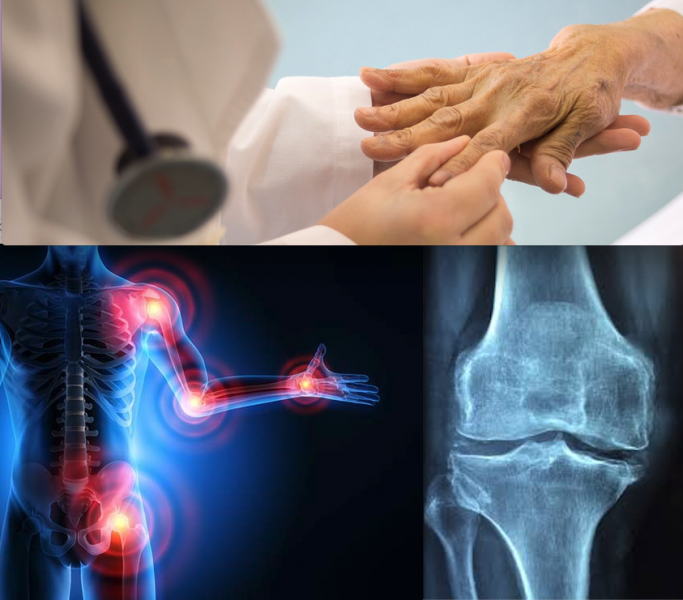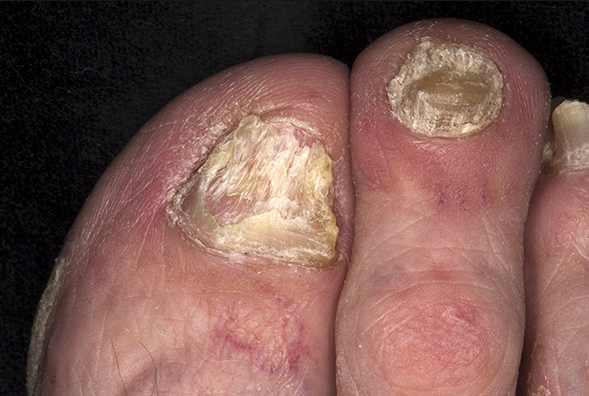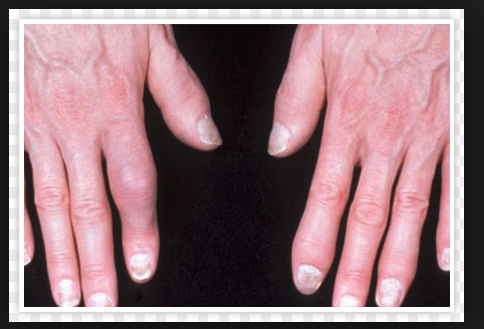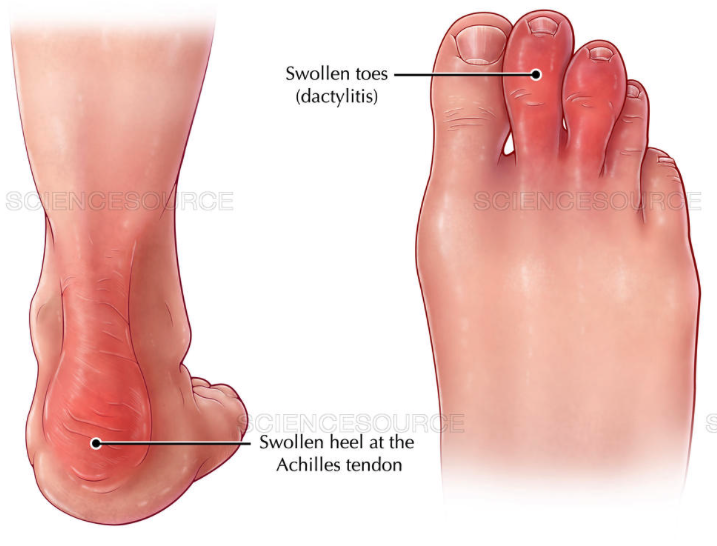
Dra. Irma Rosales Sierra.
Rheumatologist at Los Cabos
College of Rheumatology
CP AE10308

Si buscas
hosting web,
dominios web,
correos empresariales o
crear páginas web gratis,
ingresa a
PaginaMX
Por otro lado, si buscas crear códigos qr online ingresa al Creador de Códigos QR más potente que existe


Psoriatic arthritis occurs in up to 30% of people with psoriasis and can have serious debilitating effects on the peripheral joints, spine, tendon insertions, and fingers. Management has improved, but complete disease control is not yet achievable... NEJM
Psoriatic arthritis is a joint condition that most often affects people who have the chronic skin disease psoriasis...but some times it appear in people who are related to patients who have the skin desease... or not... named lately Psoriatuc arthritis without psoriasis.

Many people who have psoriasis are not aware of the risk of psoriatic arthritis. People with only mild psoriasis, or even those who simply have relatives with psoriasis, can develop psoriatic arthritis.
The most common symptomsare:
Pain and swelling in one or more joints, often the wrists, knees, ankles and/or joints at the ends of the fingers or toesJoints that are red, warm to the touch, or tender (painfully sensitive) and stiff
Swollen fingers and/or toes that have a sausage-like appearance
Pain in and around the feet and ankles, especially at the back of the heel or the sole of the foot
Pain in the lower back, above the tailbone
Changes to the fingernails or toenails, such as small pits in the nails, or the nail separating from the nail be
Persistent warmth and swelling of the membrane lining the joint, called the synovium, can lead to joint damage and deformities. Proper treatment can help prevent or reduce these effects. Most people with psoriatic arthritis lead normal lives.
Psoriatic arthritis can affect any joint, but some of them are affected more than others. Knees, wrists, fingers and toes are most commonly affected.
Early on, arthritis is more likely to occur unevenly in joints on both sides of the body, such as in your right hand and your left knee.
As the disease progresses, symptoms are more likely to occur symmetrically; for example, both knees may be affected.
Some people have swelling at the end joints of the fingers or toes; in others the entire finger or toe may develop painful, sausage-like swelling.

Psoriatic arthritis can also cause pain at the points where tendons and ligaments attach to your bones – especially at the back of the heel (the Achilles tendon) or in the sole of the foot.
Approximately five percent of people with psoriatic arthritis have arthritis only in the spine. This form of psoriatic arthritis, called spondylitis, can lead to pain, stiffness and restricted movement in the lower back, buttock and neck regions.
Some people with psoriatic arthritis have symptoms both in the spine and in other joints.
If you have psoriasis and experience joint pain or any of the other symptoms discussed , talk to a doctor as soon as possible.
-
What Causes Psoriatic Arthritis?
The cause of psoriatic arthritis is not fully known. However, scientists continue to study three key areas:
Immune system problems. In psoriatic arthritis and other types of inflammatory arthritis, the immune system mistakenly attacks the lining of the joints, causing pain and inflammation.
Hereditary factors. Scientists have found certain genes that may indicate if a person is more likely to develop psoriasis or psoriatic arthritis.
Environmental factors. Scientists think that elements in the environment, or an event such as a trauma or virus, may trigger psoriasis and/or psoriatic arthritis in people who have a genetic predisposition; however, more study is needed to determine if this is true
Symptoms of psoriatic arthritis can be similar to other kinds of arthritis. For an accurate diagnosis, it’s important to see a medical provider who specializes in rheumatology.
Dra Irma Rosales is a Consultant rheumatologist at Clinica Reumatológica Vida, San José del Cabo, México.
58309
Add a comment